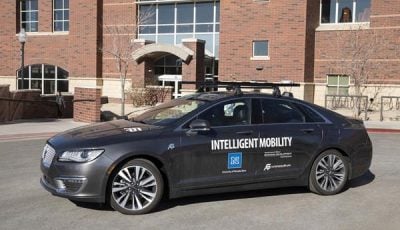FullNode’s ‘Adopt a Node’ project aims to bolster Bitcoin security
 Want to help preserve the future of the Bitcoin network? We have the charity for you. First, though, let’s talk briefly about the structure of the Bitcoin network.
Want to help preserve the future of the Bitcoin network? We have the charity for you. First, though, let’s talk briefly about the structure of the Bitcoin network.
When you make a transaction (maybe booking a hotel or filling an invoice), you make a statement to the network, signed by your private key, saying that you want to move some money from here to there. Not long after, a Bitcoin miner somewhere in the world wins the latest hashing race, and that transaction is committed to the blockchain. The blockchain is stored by the miners, who work together to achieve a consensus on what transactions have occurred, and in what order. Because the blockchain is stored separately by each miner, it’s difficult for a small number of parties to conspire to rewrite the history stored in the blockchain for personal gain.
At least, that’s the idea. Unfortunately, the advent of mining pools has degraded some of that security. Now, many miners, rather than storing a complete log of the blockchain (a “full node”) run only a “partial node” – a lightweight mining client connected to a full node. The full node maintains a copy of the blockchain for all the partial nodes, and distributes the relevant proof-of-work problems to the partial nodes, lets them work on the problems in isolation, and then collects the results and (if any of them won) mines the block and distributes the rewards amongst the miners in proportion to how much work they did.
This is very efficient for the miners, but has led to a steep decrease in the number of full nodes that are being run in the Bitcoin network. The number of full Bitcoin nodes has declined from 10,000 in early March to less than 8000 as of the publication of this article. As the number of nodes declines, the threat of the remaining full-node operators conspiring to manipulate the Bitcoin network for personal gain increases, as does the risk of full nodes being regionally unavailable, making the Bitcoin network unreliable in some parts of the world.
There are a number of proposed solutions to this threat, including putting Bitcoin miners with full nodes into space. Now, FullNode, an open-source non-profit, has launched a less ambitious, but perhaps more practical option. FullNode is a charitable organization that, for $10 a month, lets users sponsor and name a full node of the network (run on a distributed computing platform like DigitalOcean).
You can learn more about the project from their FAQ.












